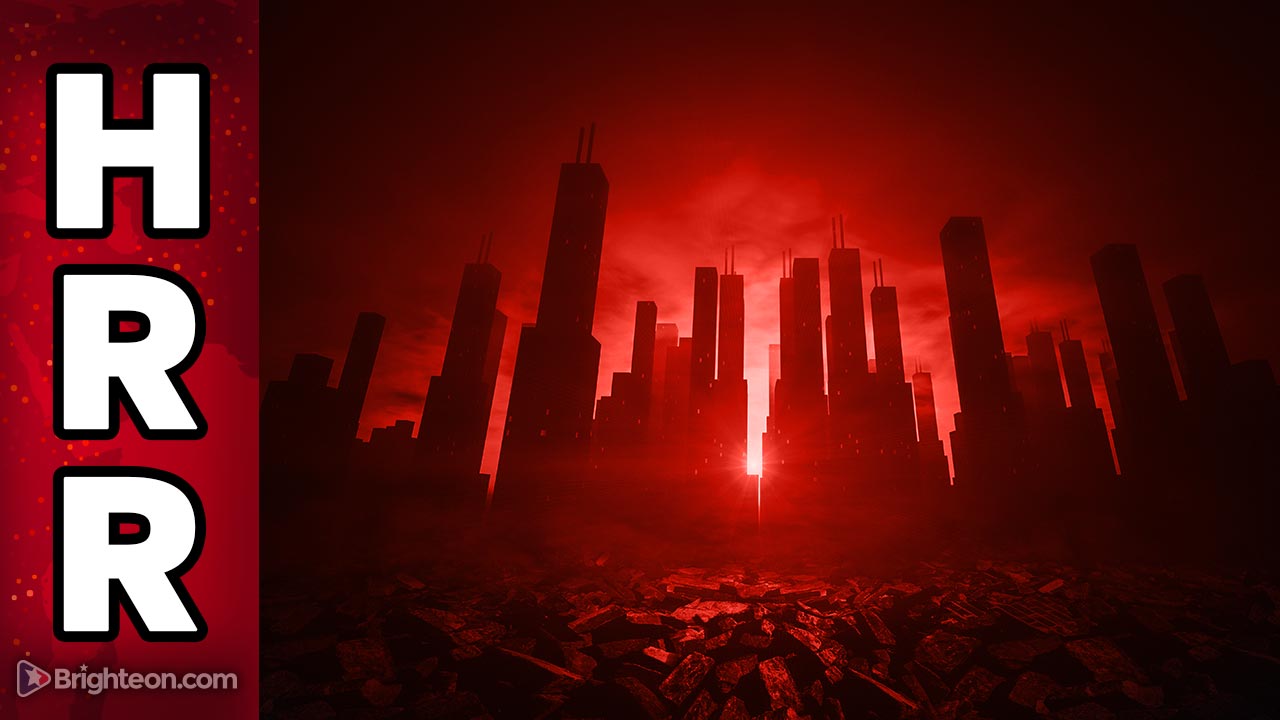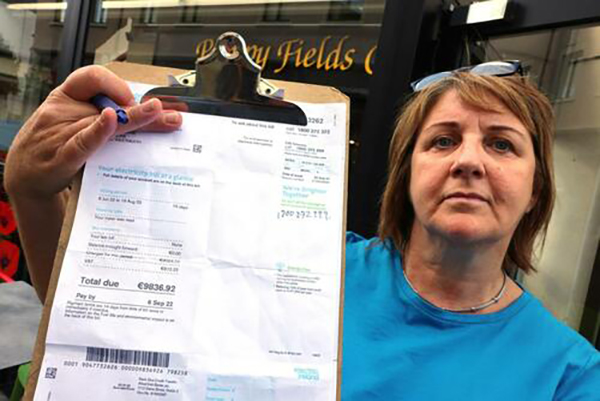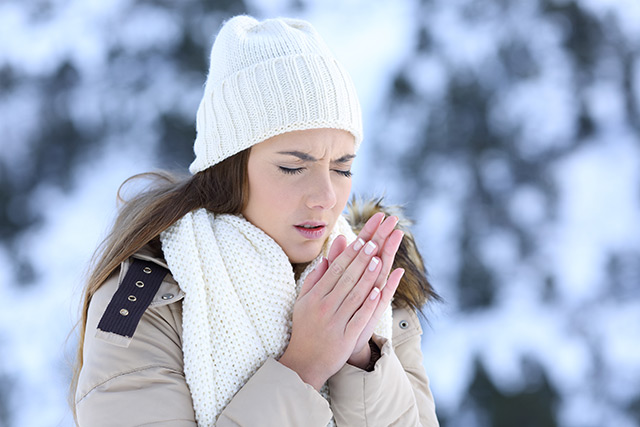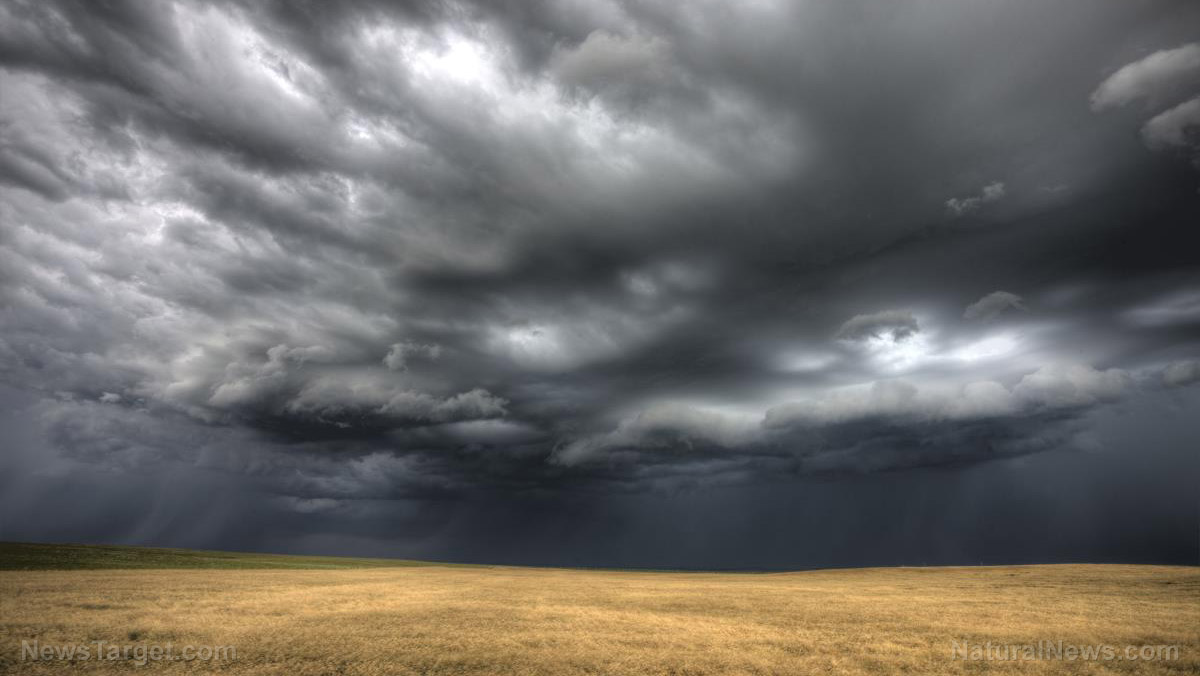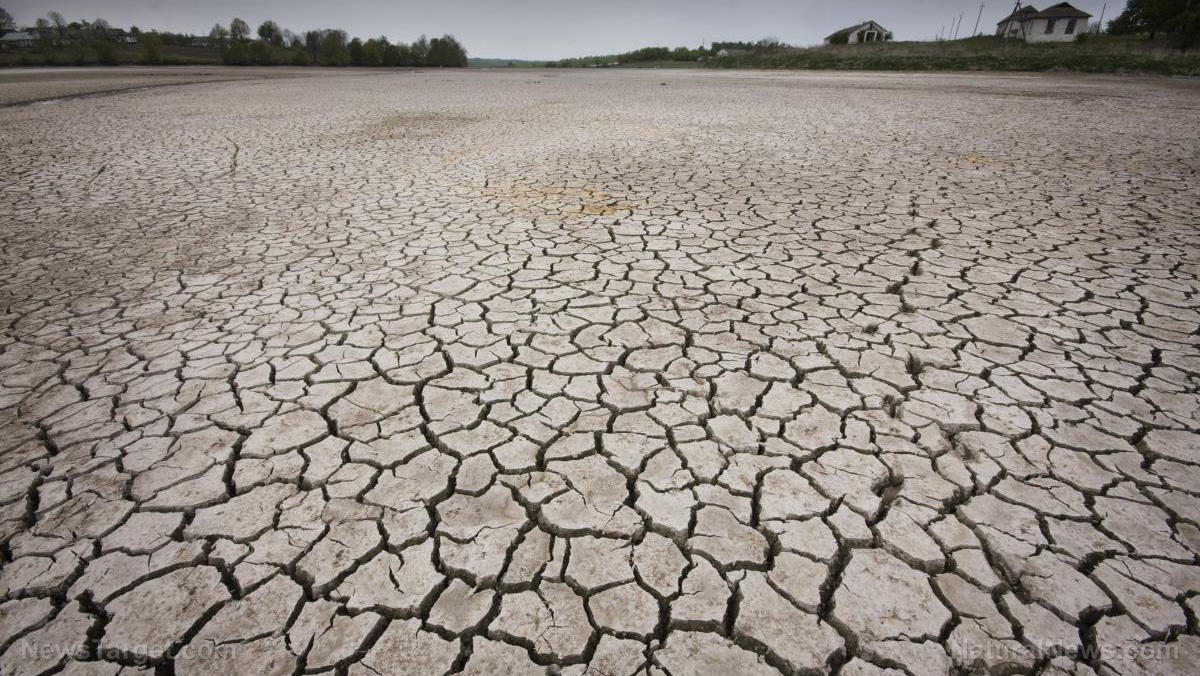Freak Brazilian cold snap damages coffee crops, prices expected to climb
07/25/2021 / By Cassie B.

A serious cold snap has hit Brazil’s coffee belt, pushing temperatures below freezing in a matter of mere minutes, seriously jeopardizing next year’s crops and damaging countless coffee trees. In addition to hurting the coffee industry, it’s also a big blow for those who insist that manmade global warming is causing rising temperatures across the planet.
On the morning of July 20, temperatures in Brazil’s biggest coffee-growing regions dropped below freezing, registering -1.2 degrees Celsius (29 degrees Fahrenheit). It’s the coldest temperature seen in Minas Gerais, the country’s biggest-producing state, since 1994. Brazil is the world’s biggest coffee producer thanks to its climate’s particular suitability to bean production.
In response to the frost, coffee prices surged by almost 13 percent to reach a 6.5-year high. The effect will also be felt next year as coffee trees are on a two-year cycle and many of those affected were expected to produce more next season.
One local coffee producer, Mario Alvarenga, told Reuters: “I’ve never seen something like that. We knew it would be cold, we were monitoring, but temperatures suddenly went several degrees down when it was already early morning.”
The frost blackened the crops. Coffee trees are known for being highly sensitive to frost, which kills their leaves; a severe frost can kill them completely. Some farmers expect they will need to take their trees out completely and replant.
Coffee farmer Airton Goncalves said he thinks he’ll have to take out 80,000 trees as they are burned to the bottom. He said that when he got in his truck that morning and an ice sensor went off, he thought something was wrong with the system. However, once he made his way to the farm, he found the crops and the roofs of the buildings there covered in ice. He estimates that his production next year will fall to 1,500 bags from 5,500 bags. Frosts were also reported in Sao Paulo.

Exporters initially said they believed that next year’s harvest could drop by as much as 1 to 2 million bags, but a source told Reuters that a trader of global agricultural commodities told them that figure now looks like it’s too optimistic, with the real numbers expected to be nearly double that. The Brazilian exporter Guaxupe, meanwhile, has said it is expecting a reduction of 4.5 million bags on its initial projections for 2022 of nearly 70 million bags.
Frost comes after severe drought impacted coffee crops
This is the second major blow for coffee growers recently, who also suffered through a severe drought that left their fields parched and depleted the reservoirs they use for irrigation. Forecasters expect the La Nina weather patterns that delay much-needed rainfall to return, which means the drought could worsen.
Particularly hard-hit areas included Minas and Sao Paulo, who saw the production of arabica coffee drop significantly. Soil moisture there is now at 20 percent, which is well below the 60 percent they need for crop development. These are the beans favored by Starbucks.
Meanwhile, the robusta beans used by Nestle for Nescafe instant coffee are also seeing lower productivity this season just as demand has risen due to the pandemic. All of this means consumers should expect to pay more for coffee at supermarkets and coffee shops. Some experts have said that next year could be the worst high-yield cycle in decades.
With another cold front expected in the later part of next week and parts of Australia and Africa also being
hit with historic lows recently, it is going to be hard for climate change alarmists to argue that everything that happens in agriculture is related to manmade global warming.
Sources for this article include:
Submit a correction >>
Tagged Under:
coffee, coffee crop, coffee crops, crops, farming, food collapse, food supply, Global Cooling, global warming, harvest
This article may contain statements that reflect the opinion of the author
RECENT NEWS & ARTICLES
COPYRIGHT © 2017 COLLAPSE.NEWS
All content posted on this site is protected under Free Speech. Collapse.news is not responsible for content written by contributing authors. The information on this site is provided for educational and entertainment purposes only. It is not intended as a substitute for professional advice of any kind. Collapse.news assumes no responsibility for the use or misuse of this material. All trademarks, registered trademarks and service marks mentioned on this site are the property of their respective owners.





